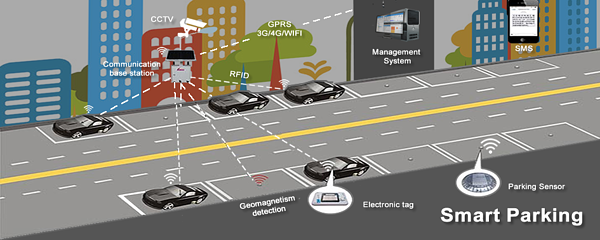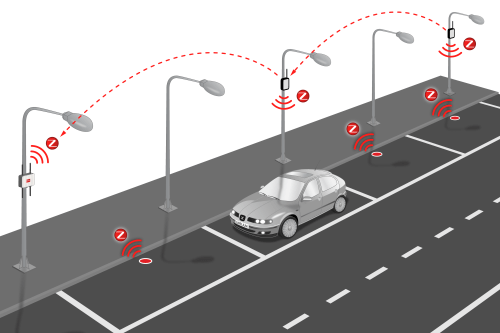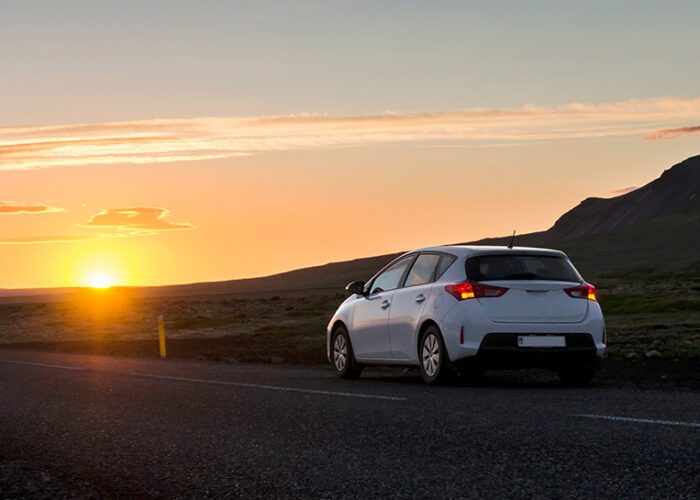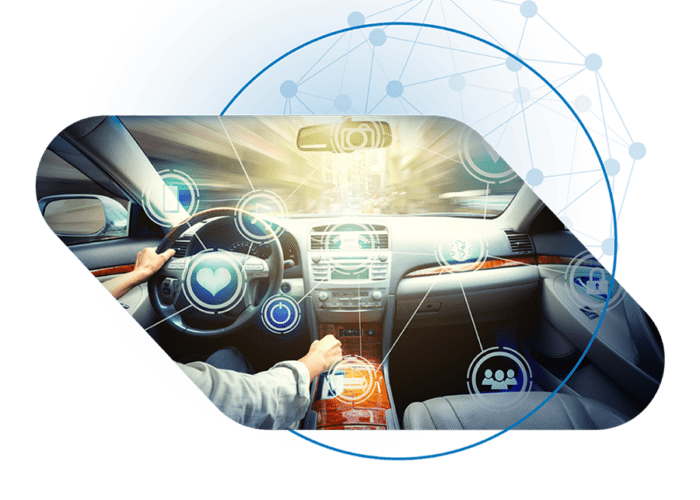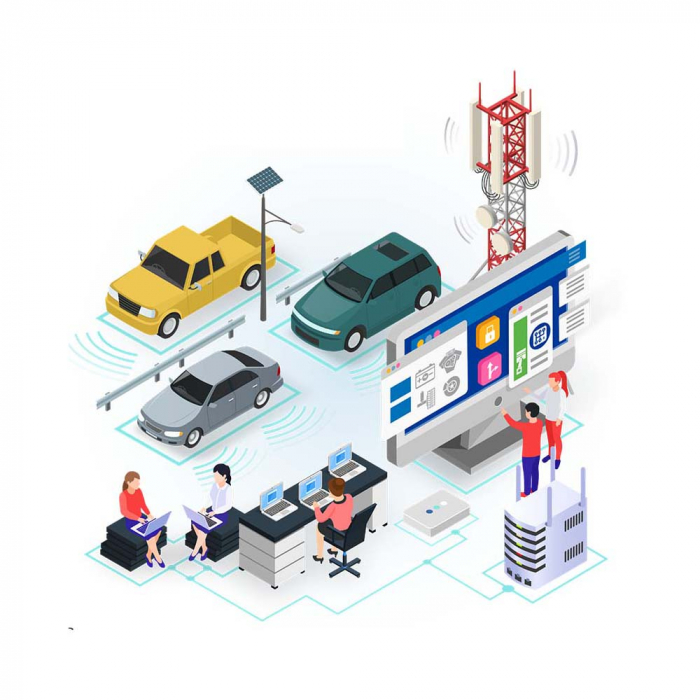The way riders and drivers use transportation will continue to transform with the implementation of ride share, the rise of Mobility as a Service (MaaS), and self-driving cars. Alongside these advancements, smart parking is moving forward as companies like ParkJockey are grabbing attentionand with that, more than $800 million dollars in funding, according to In-Building Tech, from investors like SoftBank. With such large amounts of funding going toward smart parking, and still many opportunities to improve the urban parking experience, startup companies in this industry should consider how to future proof smart parking initiatives to remain useful and relevant alongside the ever-changing landscape of transportation and city architecture.
How Can Data be Used to Enhance the Driver Experience?
The true value of any IoT application is the creative and flexible use of data. When it comes to smart parking, the data that sensors and video cameras collect about parking space availability and relay to drivers through a smart parking app not only serve to minimize the time, gas, and effort drivers often waste while in search of a parking spot. This data also can be used to better understand and accommodate drivers parking needs.
For example, when visiting a downtown business with limited parking, drivers often park in a timed, city-operated or privately-owned parking area where they must pay for an allotted amount of time at a meter. It is not uncommon for them to wind up spending more time out and about on foot than they initially anticipated. Smart parking data regarding meter expiration time can enhance and simplify the driver experience by sending drivers alerts before meters expire, allowing drivers to remotely extend their hours through their phone.
As battery-powered vehicles become more commonplace, smart parking technology can help rechargeable vehicle owners find spaces to charge their cars. Collecting data regarding the frequency of electric vehicle use and demand for parking spaces with charging stations can help smart parking businesses, parking garage operators, and cities in general determine the appropriate number of rechargeable parking spaces available to drivers.
How Can Smart Parking Apps and Services Tie into MaaS?
Mobility as a Service (MaaS) maximizes the current transportation infrastructure by integrating various components, such as subways, light rails, bike sharing, and ride sharing, into a single platform. Interconnected MaaS initiatives are forming so that users can access an all-encompassing range of transportation services and easily map out a trip. Smart parking apps can tie into these larger MaaS applications to help drivers know the best places to park in proximity to the public or private transportation service they intend to use as they embark on their journey. As part of a greater MaaS app, smart parking data can be integrated to assist drivers with things like streamlining their transportation to a football game, where a driver will be guided to select a parking spot closest to the pickup location of a shuttle that will transport them to the stadium.
Smart parking data, by itself, has limited ability to provide meaningful insights but, when integrated into larger MaaS applications that manage data regarding public transportation schedules, nearby rideshare availability, local traffic patterns, weather, or special event scheduling, this web of information can help seamlessly integrate a drivers parking experience with other instances of engagement. Additionally, data collected from smart parking applications can be used by city planning authorities to make informed decisions on the distribution of parking garages, lots, and spaces throughout an entire city.
Increasing City Revenue through Smart Parking
Companies endeavoring to start a smart parking business can look beyond the immediate benefits and at the larger economic impact their smart parking initiatives can have on a city. For one, allowing users to extend parked hours remotely through their phone can lead to positive increases in revenue and returning customers versus the unfavorable experience that is caused by issuing citations for expired meter times.
Much like parking validations, businesses that populate compact urban areas and have little-to-no room to offer their customers and clients specified parking spaces can work with smart parking companies to provide parking extensions as a favor to their clients in order to build stronger business relationships and customer loyalty. Allowing businesses to work hand-in-hand with parking management, cities can help stimulate their local economy while also gaining more parking space income through smart parking initiatives.
Another way smart parking will make a larger economic impact is by helping cities maximize parking space usage and the revenue generated from them based on collected data. The use of a smart parking map will create a greater awareness of all parking space availability in a region, leading to less congestion and greater disbursement of parked vehicles. Ultimately, by knowing which locations are favored by drivers, city planning authorities can make informed decisions on the distribution of parking, knowing the areas where more parking may need to be implemented and other areas where parking garages can be demolished to make space for other types of urban business growth.
Paving the Way with Aeris
Although public transportation, ride hailing, and shuttle services are enduring in popularity, personally owned vehicles still are a significant part of the transportation industry that is shifting through MaaS and other IoT-based applications. When it comes to these individual vehicles, improving parking experiences is an essential part of making cities more drivable and, therefore, more livable.
Aeris has the expertise to empower startup companies working in the smart parking sector with the high-quality, reliable, and secure network solutions they need to get their project off the ground. To learn more about how the Aeris Mobility Platform can advance your smart parking project, Contact Us today.
